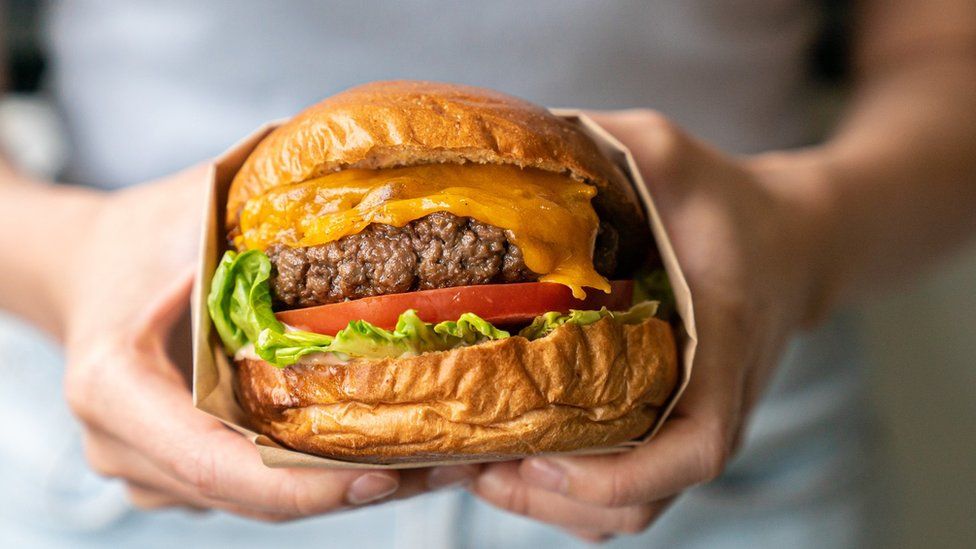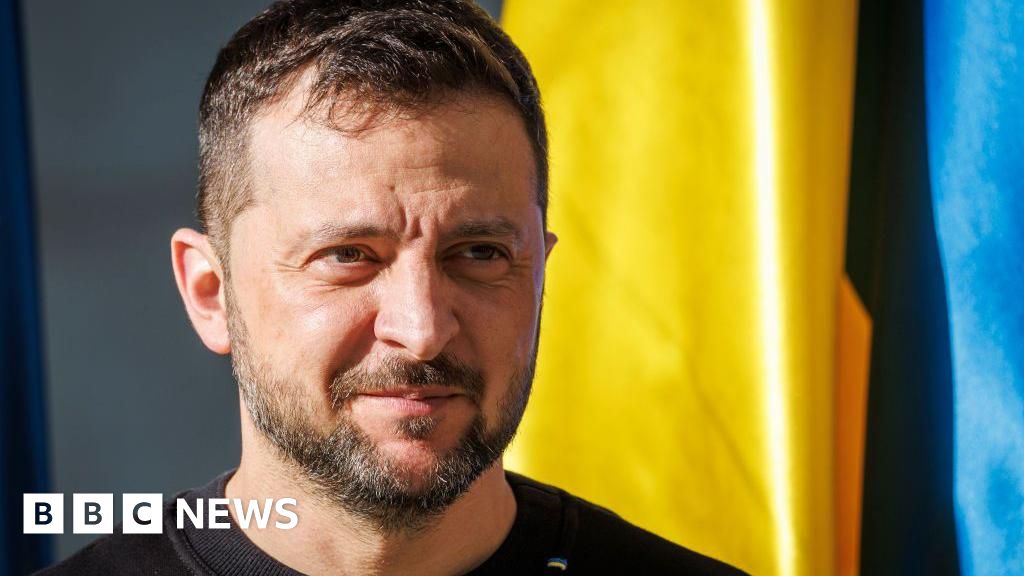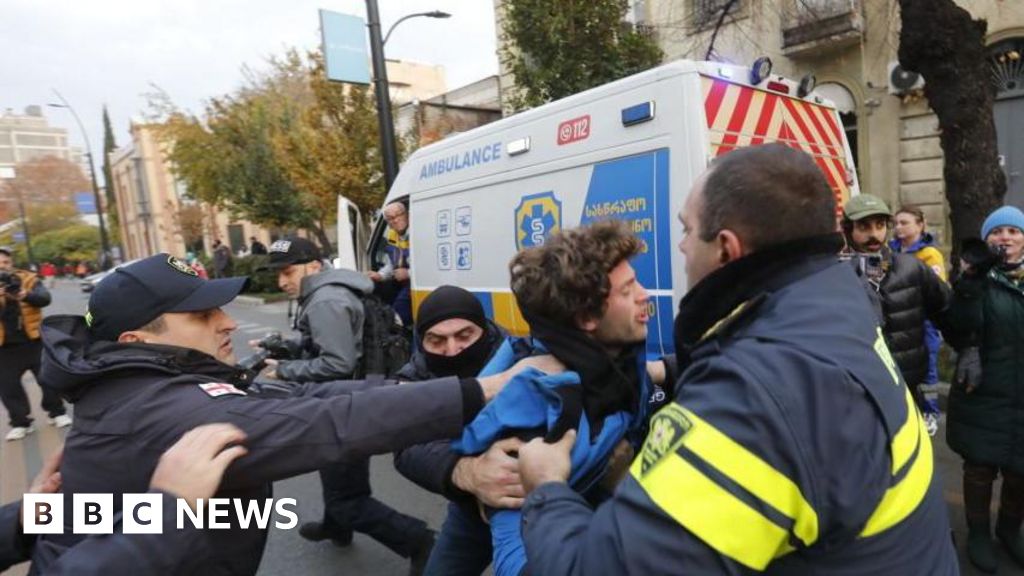ARTICLE AD BOX
By George Wright
BBC News
 Image source, Getty Images
Image source, Getty Images
Haarlem in The Netherlands is set to ban most meat ads from public spaces because of the food's climate impact.
In what is thought to be the first such move by a city, it will enforce the ban from 2024.
The motion drafted by GroenLinks - a green political party - has faced opposition from the meat sector and some who say it stifles free speech.
The UN says livestock generate more than 14% of all man-made greenhouse gases, including methane.
"Meat is very harmful to the environment. We cannot tell people that there is a climate crisis and encourage them to buy products that are part of it," Ziggy Klazes, a councillor from GroenLinks who drafted the motion, told the Trouw newspaper.
The government of the city of 160,000 says it has not yet been decided whether sustainably produced meat will be included in the ad ban.
The proposal was also supported by MPs from the Christian Democratic Challenge party.
The backlash from the meat industry was swift.
"The authorities are going too far in telling people what's best for them," said a spokesman from the Central Organisation for the Meat Sector.
The right-wing BVNL party called it an "unacceptable violation of entrepreneurial freedom" and said it "would be fatal for pig farmers".
"Banning commercials from politically born motives is almost dictatorial," Haarlem BVNL councillor Joey Rademaker said.
Herman Bröring, a law professor from the University of Groningen, said the ban could infringe on freedom of expression and lead to lawsuits from wholesalers.
About 95% of people in the Netherlands eat meat, but more than half do not eat it every day, according to Statistics Netherlands.
Amsterdam and The Hague have already banned adverts for the aviation and fossil fuel industries.
Beef produces the most greenhouse gas emissions, which include methane. Lamb has the next highest environmental footprint but these emissions are 50% less than beef.

 2 years ago
35
2 years ago
35








 English (US)
English (US)